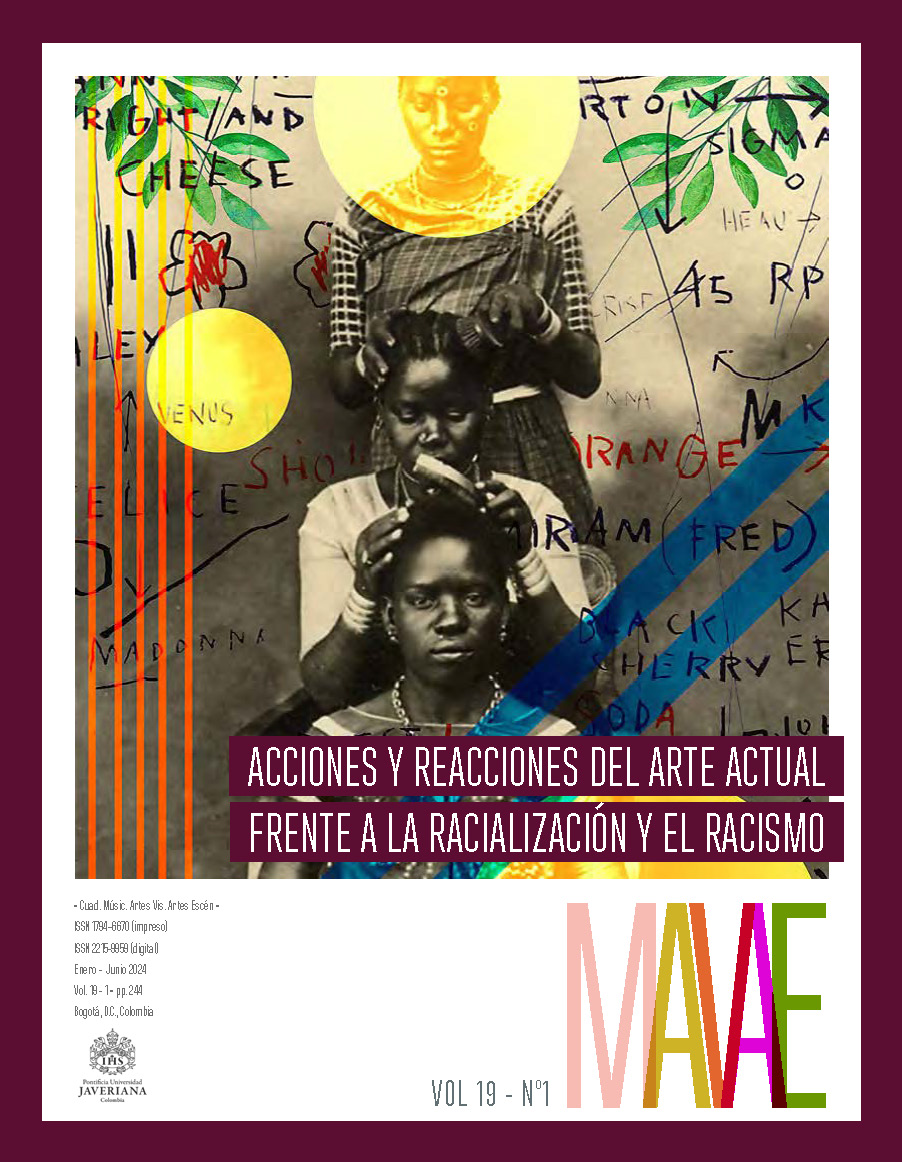Abstract
The play 400 días sin luz (400 days without light) was produced by the Centro Dramático Nacional (National Dramatic Center or CDN, for its initials in Spanish) of Spain. It tells the drama in the Cañada Real Galiana neighborhood, 15 kilometers from the center of Madrid, where the electricity supply was cut off three years ago. The 5th and 7th sectors, where 1200 families live, were the most affected. A total of 17 nationalities have come together to fight against the violation of a basic right, the social stigma and racism. The play is performed by racialized actors and three activists from Cañada Real Galiana. The main objective of the article is to understand the characteristics that make this play anti-racist, anti-capitalist and anti-patriarchal through the analysis of the racialized characters and the testimonies of the neighbors of Cañada Real Galiana, the racialized cast, director and playwright and the artistic coordinator of the CDN. In the methodology, the analytical and descriptive part, built through hemerographic and bibliographic secondary sources, is supplemented by the development of an investigation based in the qualitative technique of in-depth or semi-standardized interview which were made with the artistic coordinator of the CDN, the director, the playwright, the racialized actors and the activists. To this is added the participant direct observation of one of the racialized actresses, author of this article. The analysis of the theatrical symbols of Tadeusz Kowzan is integrated, referring to the actor in Francesco Casseti and Federico Di Chio. In conclusion, it is noted that the configuration, theme, cast and characteristics of political, communal and social theater of the play give it characteristics of anti-capitalist, anti-racist and anti-patriarchal theater.

This work is licensed under a Creative Commons Attribution 4.0 International License.
Copyright (c) 2023 Saida Santana Mahmut, Vicente Sanz de León


